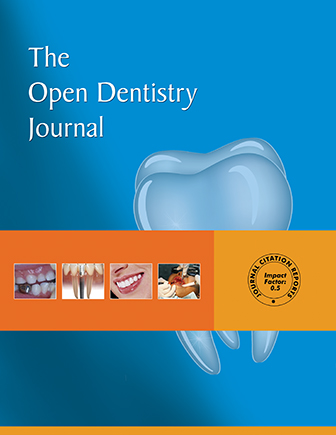Anti-inflammatory Actions of Adjunctive Tetracyclines and Other Agents in Periodontitis and Associated Comorbidities
Abstract
The non-antimicrobial properties of tetracyclines such as anti-inflammatory, proanabolic and anti-catabolic actions make them effective pharmaceuticals for the adjunctive management of chronic inflammatory diseases. An over-exuberant inflammatory response to an antigenic trigger in periodontitis and other chronic inflammatory diseases could contribute to an autoimmune element in disease progression. Their adjunctive use in managing periodontitis could have beneficial effects in curbing excessive inflammatory loading from commonly associated comorbidities such as CHD, DM and arthritis. Actions of tetracyclines and their derivatives include interactions with MMPs, tissue inhibitors of MMPs, growth factors and cytokines. They affect the sequence of inflammation with implications on immunomodulation, cell proliferation and angiogenesis; these actions enhance their scope, in treating a range of disease entities. Non-antimicrobial chemically modified tetracyclines (CMTs) sustain their diverse actions in organ systems which include anti-inflammatory, anti-apoptotic, anti-proteolytic actions, inhibition of angiogenesis and tumor metastasis. A spectrum of biological actions in dermatitis, periodontitis, atherosclerosis, diabetes, arthritis, inflammatory bowel disease, malignancy and prevention of bone resorption is particularly relevant to minocycline. Experimental models of ischemia indicate their specific beneficial effects. Parallel molecules with similar functions, improved Zn binding and solubility have been developed for reducing excessive MMP activity. Curbing excessive MMP activity is particularly relevant to periodontitis, and comorbidities addressed here, where specificity is paramount. Unique actions of tetracyclines in a milieu of excessive inflammatory stimuli make them effective therapeutic adjuncts in the management of chronic inflammatory disorders. These beneficial actions of tetracyclines are relevant to the adjunctive management of periodontitis subjects presenting with commonly prevalent comorbidities addressed here.


